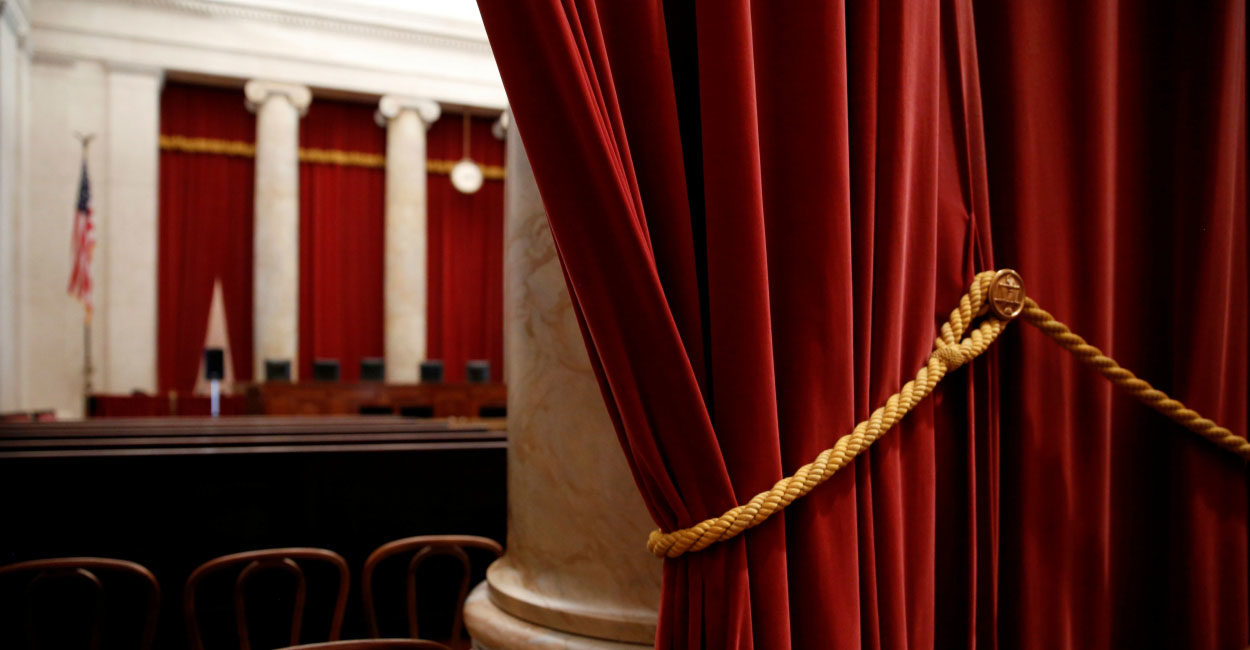With Trump’s Election, the Future of the Courts
Post# of 52112


Now that the election is over, many conservatives who were concerned about the future of the federal courts are breathing a little easier.
President-elect Donald Trump has put together a consolidated list of 21 distinguished men and women—20 of whom are sitting judges who have had distinguished careers before joining the bench—and has vowed to nominate one of them to the U.S. Supreme Court to fill the vacancy left by the death of Justice Antonin Scalia.
While there are two more names I would have added to the list (specifically, Paul Clement and D.C. Circuit Judge Brett Kavanaugh, who perhaps will be considered for a future vacancy), the list is an excellent one.
The odds are high that Trump will get that opportunity in the next four to eight years since, on Inauguration Day, Justices Ruth Bader Ginsburg, Anthony Kennedy, and Stephen Breyer will be 83, 80, and 78 years old, respectively.
This is critical since the court is closely divided on a number of contentious issues—including the First Amendment, the Second Amendment, religious liberty, voter integrity laws, racial preferences, and the death penalty.
And it is not just the Supreme Court that was at stake in this election. As president, Trump must take care to nominate constitutionalist judges—those who are originalists and textualists—to all levels of the federal bench.
After all, while the Supreme Court decides approximately 70 to 80 cases per year, last year the 13 federal courts of appeal decided roughly 55,000 cases. And the judges who get appointed to those positions also have a dramatic impact on the course of the law.
Over the past eight years, a number of circuit courts have taken a progressive turn, as the number of circuit courts with a majority of Democratic-appointed judges grew from one to nine.
Judges must have an unwavering commitment to interpreting the text and structure of the Constitution or a statute based on the original public meaning of the text at the time it was adopted. In issuing rulings, they must resist the temptation to invent new rights or impose policy preferences on the rest of society.
On the occasion of nominating Chief Justice William Rehnquist and Justice Scalia, President Ronald Reagan reminded us that Supreme Court justices “must not only be jurists of the highest competence; they must also be attentive to the rights specifically guaranteed in our Constitution and to the proper role of the courts in our democratic system.” The same could be said of all federal judges.
With lifetime appointments, all federal court judges—but most particularly Supreme Court justices—exert substantial influence over the development and application of the law for decades. As former Attorney General Ed Meese has stated, “No president exercises any power more far-reaching, more likely to influence his legacy, than the selection of federal judges.”
Let’s hope Trump leaves a legacy that strengthens and preserves the Constitution for us all.
 (0)
(0) (0)
(0)